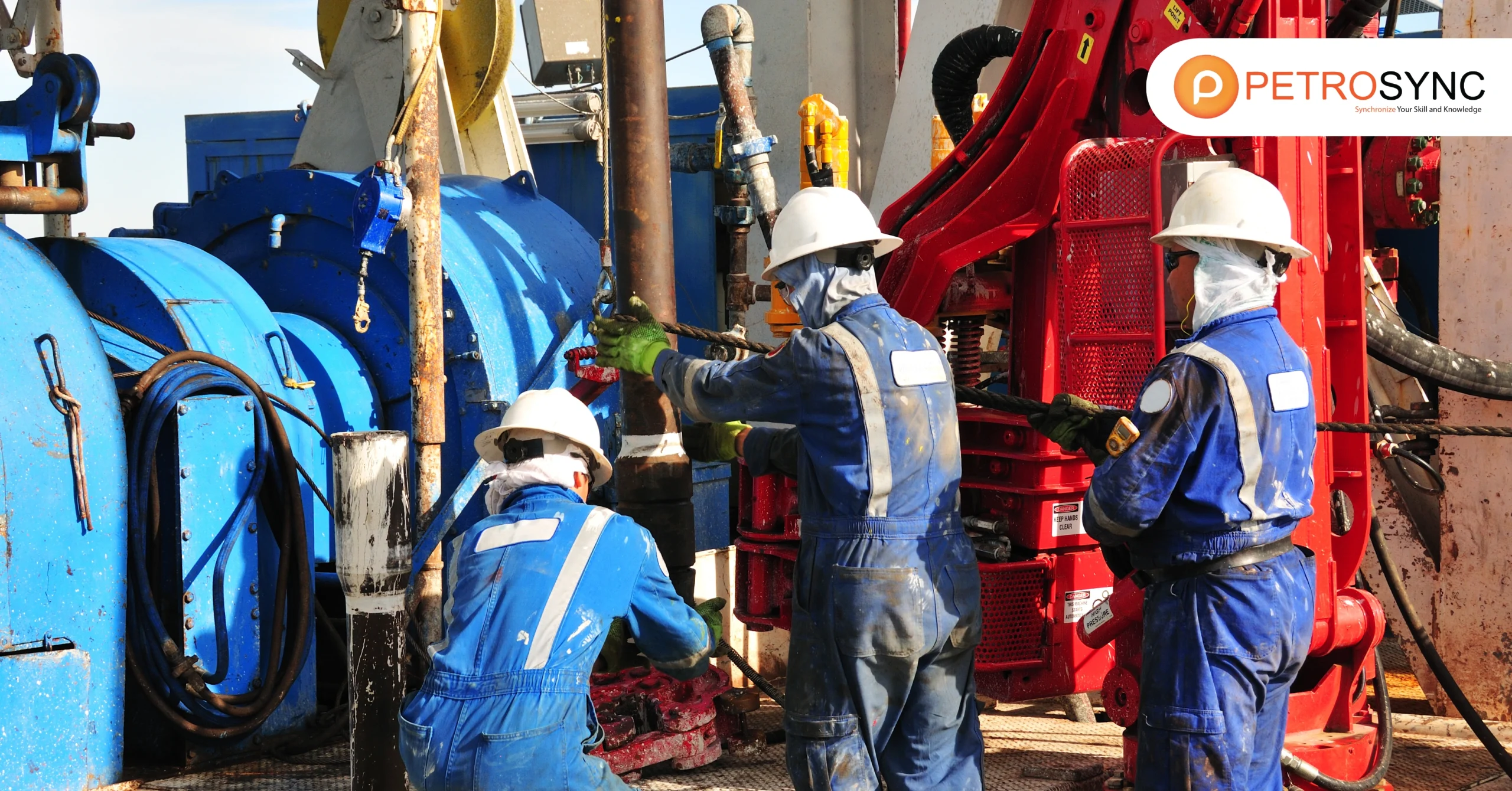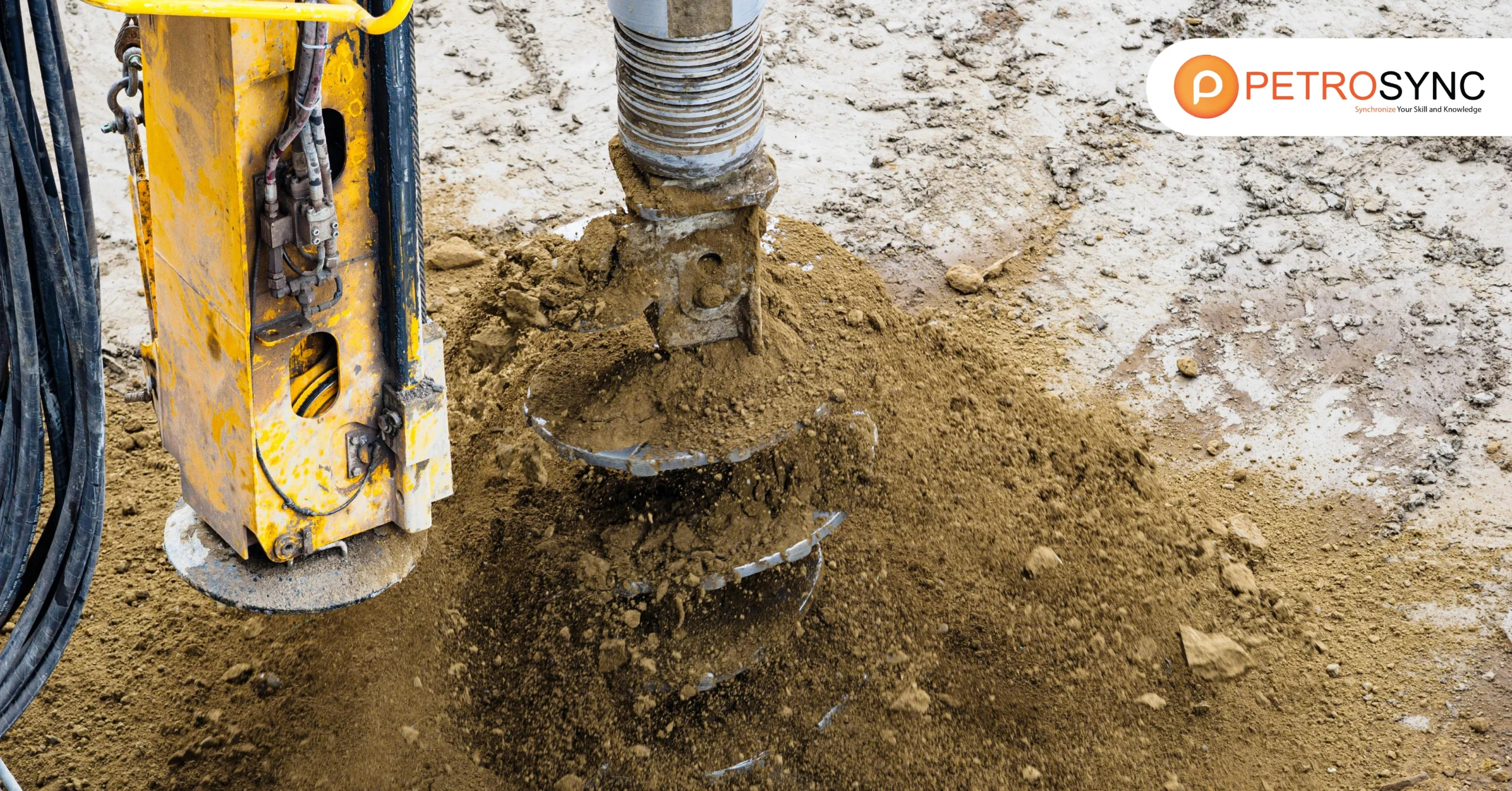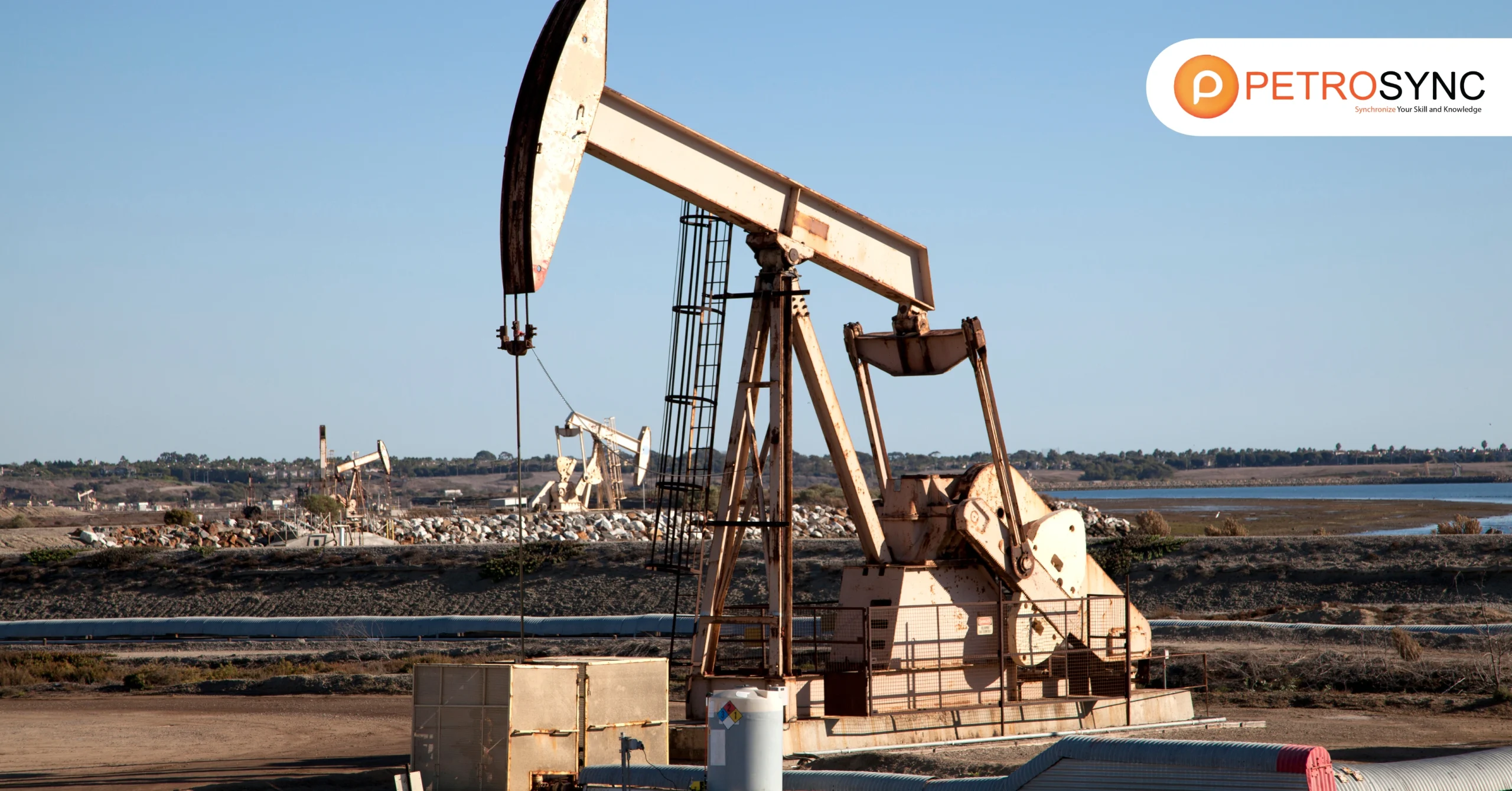Petrophysicists are esteemed professionals within the oil and gas industry, possessing profound knowledge in analyzing rock properties and subsurface dynamics. Their expertise is vital in unlocking the potential of hydrocarbon reservoirs. Read on to dive deep into the realm of petrophysicists, exploring their crucial role in the exploration and production of oil and gas.
What Does a Petrophysicist Do?
Petrophysicists examine and assess the chemical and physical characteristics of oil and gas reservoirs, including rocks and soil in the surrounding. Petrophysicists gather and analyze data concerning these reservoirs’ rock density, pore pressure, electrical and acoustic properties of the rock, and radioactivity levels.
By employing principles from geology, physics, and engineering, petrophysicists analyze and quantify rock properties crucial for understanding reservoir behavior, such as porosity, permeability, and saturation.
Joining Advanced Well Log Analysis training course is a fundamental approach of petrophysicist to help them on understanding the physical and chemical properties of rocks and their interactions with fluids.
Another responsibility of petrophysicists is performing formation evaluation by integrating well logs, core data, and seismic surveys to evaluate reservoir quality and characteristics, identifying potential hydrocarbon zones and their distribution in the subsurface.
Petrophysicists or petrophysical engineers must acquire significant hands-on experience in oil and gas exploration and development. They use various techniques and tools to collect data from rock samples, well logs, and seismic surveys. They evaluate these data to characterize reservoir rocks, assess hydrocarbon storage and flow potential, and estimate oil and gas volumes and distribution.
Integrating their findings with petroleum geologists and reservoir engineers, petrophysicists contribute to informed decision-making regarding drilling, production strategies, and reservoir management.
What Is The Difference Between A Geophysicist and A Petrophysicist?
In the oil and gas industry, petroleum geologists and geophysicists identify potential reservoir locations based on structure. At the same time, petrophysicists provide further insights into the properties of the reservoir rocks and fluids. They collect data during drilling using various tools to measure rock and fluid properties at the wellbore or surface.
By interpreting the collected data, petrophysicists acquire valuable knowledge about reservoir properties, fluid flow patterns, and the economic viability of hydrocarbon reservoirs. Petrophysicists hold a crucial position in the oil and gas industry, contributing significantly to the characterization of reservoirs, the evaluation of formations, and the estimation of resources.
How Is The Work Environment of Petrophysicist?
Petrophysicists work in an office setting, examining data, conducting calculations, and interpreting outcomes using specialized software and tools. They collaborate with colleagues, including geologists, reservoir engineers, and geophysicists, to merge findings and enhance the comprehension of the reservoir. Office tasks involve utilizing computers, conducting research, and preparing reports.
Petrophysicists also engage in fieldwork, where they can visit well sites and actively contribute to drilling operations. During these field visits, they collect samples of rocks, perform measurements using well logs, and closely observe the physical characteristics of the reservoir. Fieldwork often involves working outdoors, occasionally in demanding weather conditions and may necessitate travel to various locations.
Is Petrophysicist in Demand?
Petrophysicists are indeed in demand. The oil and gas industry heavily relies on their expertise to understand reservoir properties and optimize hydrocarbon exploration and production. As the industry continues to evolve, the need for petrophysicists who can analyze and interpret complex data and contribute to reservoir characterization and management remains high.
With advancements in technology and the exploration of unconventional resources, petrophysicists play a crucial role in ensuring efficient and effective utilization of hydrocarbon reservoirs. Thus, their skills and knowledge are sought after by companies operating in the oil and gas sector.
How Much Petrophysicist Can Earn?
The earning potential of a petrophysicist can vary depending on various factors such as experience, qualifications, location, and the specific industry they work in. According to Salary.com, the typical salary for a petrophysicist in the United States is around $116,231. However, it’s worth noting that the salary range generally spans from $102,799 to $126,593.
What Are The Skills of a Petrophysicist?
Familiarity with core retrieval methods, petrophysical software, and the use of geologic analysis integration will help get noticed in the field. Fulfilling the duties and responsibilities of a petrophysicist involves frequent travel and excellent communication skills.
Depending on the company’s needs, you may be asked to travel for extended periods, so an interest in camping can also help you get this role. Some of the general skills that a petrophysicist must have are:
- Rock Analysis
- Data Interpretation
- Reservoir Characterization
- Geology and Geophysics
- Mathematical and Statistical Analysis
- Software and Programming for data analysis, reservoir modeling, and visualization, as well as programming languages like Python and MATLAB for automation and algorithm development.
- Collaboration and Communication (strong teamwork, interpersonal, and presentation skills are essential for successful collaboration)
- Problem-Solving and Critical Thinking
How to Become Petrophysicist?
To become a petrophysicist, you typically need to earn a bachelor’s degree in a relevant field, such as geology, geophysics, or petroleum engineering. You can also pick a degree in engineering with a major in oil and gas or petroleum engineering. These programs provide a strong foundation in earth sciences and engineering principles.
1. Gain Field Experience
Seek opportunities to gain practical field experience through internships or co-op programs in the oil and gas industry. This experience will familiarize you with the industry’s operations and the real-world challenges faced by petrophysicists.
You can also look for entry-level opportunities in the oil and gas industry, consulting firms, research institutions, or government agencies. Petrophysicists can work in exploration and production companies, service companies, or academic and research settings.
2. Pursue a Master’s Degree (Optional)
According to ZipRecruiter, some employers may prioritize candidates with a master’s or doctoral degree. Companies may be willing to accept less experience from engineers who have spent more time pursuing higher education.
Hone your technical skills as it becomes one of the primary keys to success in the petrophysicist world. Acquire proficiency in petrophysical software, data analysis, and interpretation techniques while familiarizing yourself with well-logging tools and methodologies used in petrophysical analysis.
3. Build a Professional Network
Attend conferences, workshops, and industry events to connect with experts and potential employers in petrophysics. Networking can lead to valuable mentorship, job opportunities, and collaborations.
It’s important to note that specific requirements and career paths may vary based on geographic location, industry demands, and individual preferences. Researching your desired area’s qualifications and job market will provide more tailored guidance.
What Are The Professional Associations of Petrophysicist?
Several international associations and societies cater to petrophysicists and professionals working in related fields. Some prominent international associations of petrophysicists include:
1. Society of Petrophysicists and Well Log Analysts (SPWLA)
SPWLA is a nonprofit organization focused on promoting petrophysics and well-log analysis. It provides a platform for knowledge sharing, networking, and professional development through conferences, workshops, publications, and online resources.
2. European Association of Geoscientists and Engineers (EAGE)
EAGE is a diverse association that includes professionals from different geoscience and engineering disciplines, including petrophysics. It encourages sharing of scientific and technical knowledge through conferences, publications, educational programs, and collaborative efforts.
3. International Society of Petrophysics and Permeability (ISPP)
ISPP is a global society committed to advancing research, education, and collaboration in petrophysics and permeability. It arranges conferences, publishes scientific papers, and shares knowledge among field experts.
4. Society of Exploration Geophysicists – Asia Pacific (SEG-AP)
SEG-AP is a regional branch of the Society of Exploration Geophysicists (SEG) catering to professionals in geophysics and related fields. It offers a platform for sharing knowledge and organizing technical conferences, workshops, and networking opportunities.
5. Asian Petroleum Geoscience Conference and Exhibition (APGCE)
APGCE is a prominent event in Asia Pacific where geoscientists, including petrophysicists, in the petroleum industry gather. It provides a platform for sharing research, case studies, and advancements in geoscience.
Networking offers numerous benefits for petrophysicists, contributing to their professional growth and success in the field. By actively engaging in networking activities, petrophysicists can expand their professional connections and build relationships with fellow experts, industry leaders, and potential employers.
Consider joining specialized training programs as a means to not only enhance your knowledge and skills in petrophysics but also to expand your professional network. PetroSync offers oil and gas training courses attended by professionals from diverse backgrounds, creating an environment conducive to networking and collaboration.
By participating in PetroSync training courses, you can connect with fellow petrophysicists, industry experts, and potential mentors, fostering relationships that greatly benefit your career.
Credit Header Image: Freepik.com

SEO specialist by day, fact-checker by night. An avid reader and content writer dedicated to delivering accurate and engaging articles through research and credible sources.







